Healthy, radiant skin is more than a cosmetic desire—it reflects your overall wellness. However, many individuals experience dull, lackluster skin even after using skincare routines. Having spent many years as a dermatologist treating a wide range of skin conditions, I see patients frustrated with unattractive skin very often. Recognizing why skin can end up being dull and incorporating targeted measures makes an enormous difference. Here’s a detailed overview of the reasons skin gets dull and dermatologically advised solutions to a brighter-looking complexion.
Understanding Why Skin Appears Dull
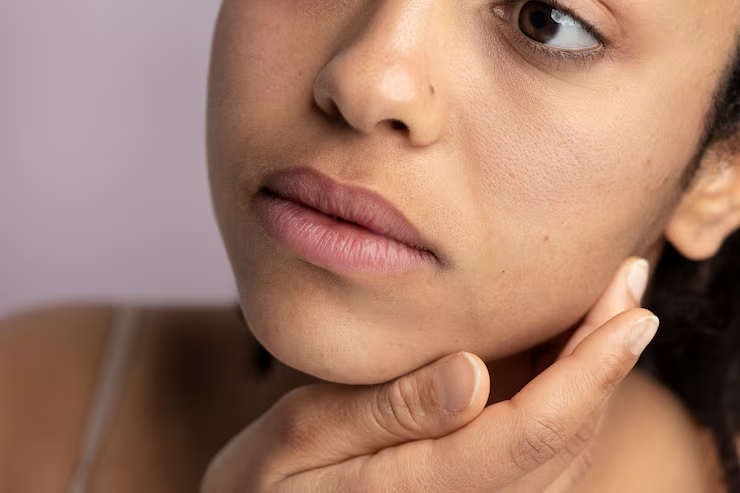
Skin dullness can be caused by multiple internal and external factors. Dermatologists identify a few common contributors:
1. Dead Skin Cell Accumulation
The skin naturally sheds dead cells, but sometimes the process slows down due to age, environmental factors, or improper cleansing. The accumulation of dead cells on the surface can make skin appear rough, dry, and lackluster.
2. Dehydration and Poor Hydration
Even oily skin can suffer from dehydration. Lack of adequate hydration affects skin elasticity and causes a dull, tired appearance. Drinking sufficient water and using moisturizers that suit your skin type are essential.
3. Sun Damage
Excessive sun exposure without protection damages skin cells and accelerates melanin production, leading to uneven skin tone, dark spots, and dullness. Sun protection is a non-negotiable step in maintaining a healthy glow.
4. Lifestyle Factors
Unhealthy diet, irregular sleep, smoking, and stress significantly impact skin health. Nutrient deficiencies, poor circulation, and stress-induced inflammation contribute to a lackluster complexion.
5. Underlying Skin Conditions
Certain skin conditions like eczema, acne, and hormonal imbalances can also make skin look dull. Consulting a dermatologist is essential for accurate diagnosis and treatment.
Dermatologist-Recommended Brightening Strategies
Improving skin radiance requires a combination of professional care and daily habits. Here’s what dermatologists recommend:
1. Exfoliation
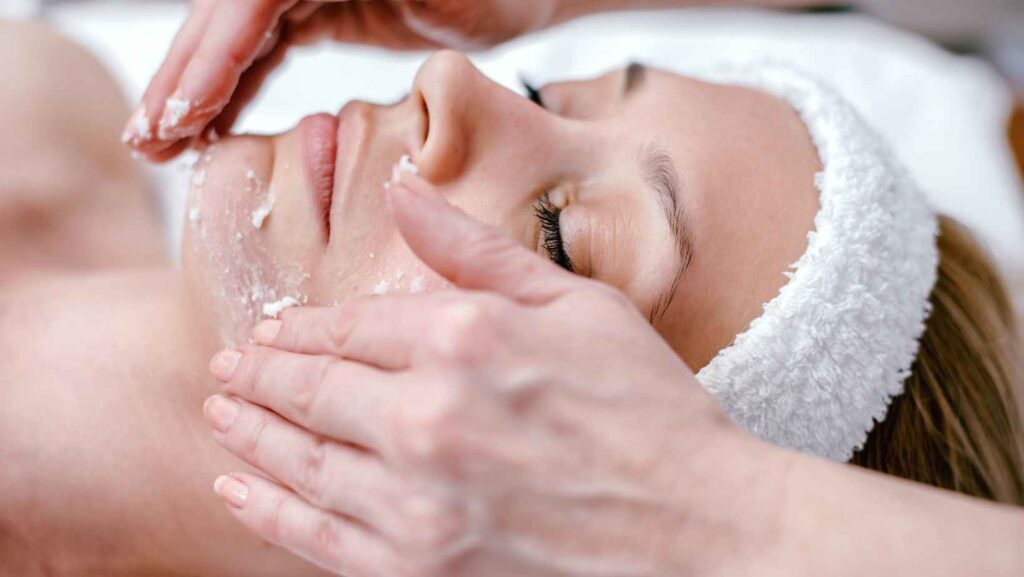
Regular exfoliation removes dead skin cells and encourages cell turnover. For sensitive skin, chemical exfoliants containing AHAs (alpha hydroxy acids) or BHAs (beta hydroxy acids) are preferable to physical scrubs, which may cause micro-tears and irritation.
2. Hydration and Moisturization
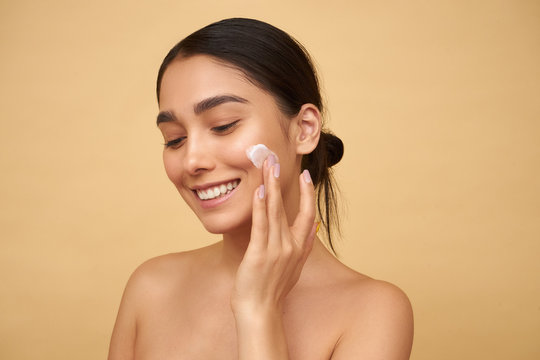
Use moisturizers that lock in water and strengthen the skin barrier. Ingredients like hyaluronic acid, glycerin, and ceramides are excellent for maintaining hydration. Drinking plenty of water also supports skin health from the inside out.
3. Sun Protection
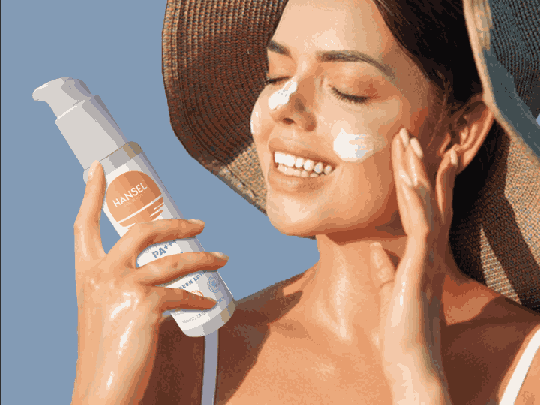
Daily use of broad-spectrum sunscreen with SPF 30 or higher protects against UVA and UVB rays. Sunscreen prevents pigmentation, fine lines, and dullness caused by sun damage. Reapplication every 2–3 hours is crucial for prolonged exposure.
4. Professional Skin Treatments
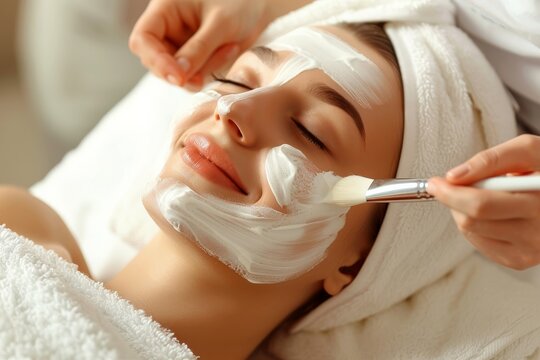
Dermatologists often recommend treatments that accelerate skin rejuvenation:
- Chemical Peels: Remove damaged surface layers and improve texture and brightness.
- Laser Treatments: Target pigmentation, uneven tone, and stimulate collagen production.
- Microneedling: Promotes collagen synthesis and enhances absorption of brightening serums.
5. Brightening Ingredients in Skincare
Certain ingredients are clinically proven to improve skin radiance:
- Vitamin C: A potent antioxidant that brightens skin and reduces pigmentation.
- Niacinamide: Improves skin tone and strengthens the barrier function.
- Retinoids: Increase cell turnover and reduce signs of dullness, but should be used under professional supervision.
6. Healthy Lifestyle Habits
- Balanced Diet: Include antioxidants, vitamins, and omega-3 fatty acids to support skin health.
- Adequate Sleep: Promotes skin repair and prevents tired-looking skin.
- Stress Management: Practices like yoga or meditation help reduce cortisol-related skin dullness.
When to Consult a Dermatologist
Persistent dullness even after adhering to home care can be a sign of underlying conditions like hormonal imbalances, pigment disorders, or initial signs of aging. A visit to an experienced dermatologist guarantees individualized guidance and treatment strategies.
At SkinTown Clinic, skin specialist in Bandra, we provide customized skin assessments and advanced treatment options to restore your natural radiance. With a combination of professional treatments, evidence-based skincare, and lifestyle recommendations, achieving bright and healthy skin is entirely possible.
Conclusion
Dull skin is not only a looks issue; it’s an indication that your skin might require some attention. Once you become aware of the underlying causes, take good care of your skin, follow effective skincare regimens, and consult professionals when needed, you can restore your complexion. Consistency and good care are the key—beautiful skin is within reach regardless of your age, as long as you know what to do.

